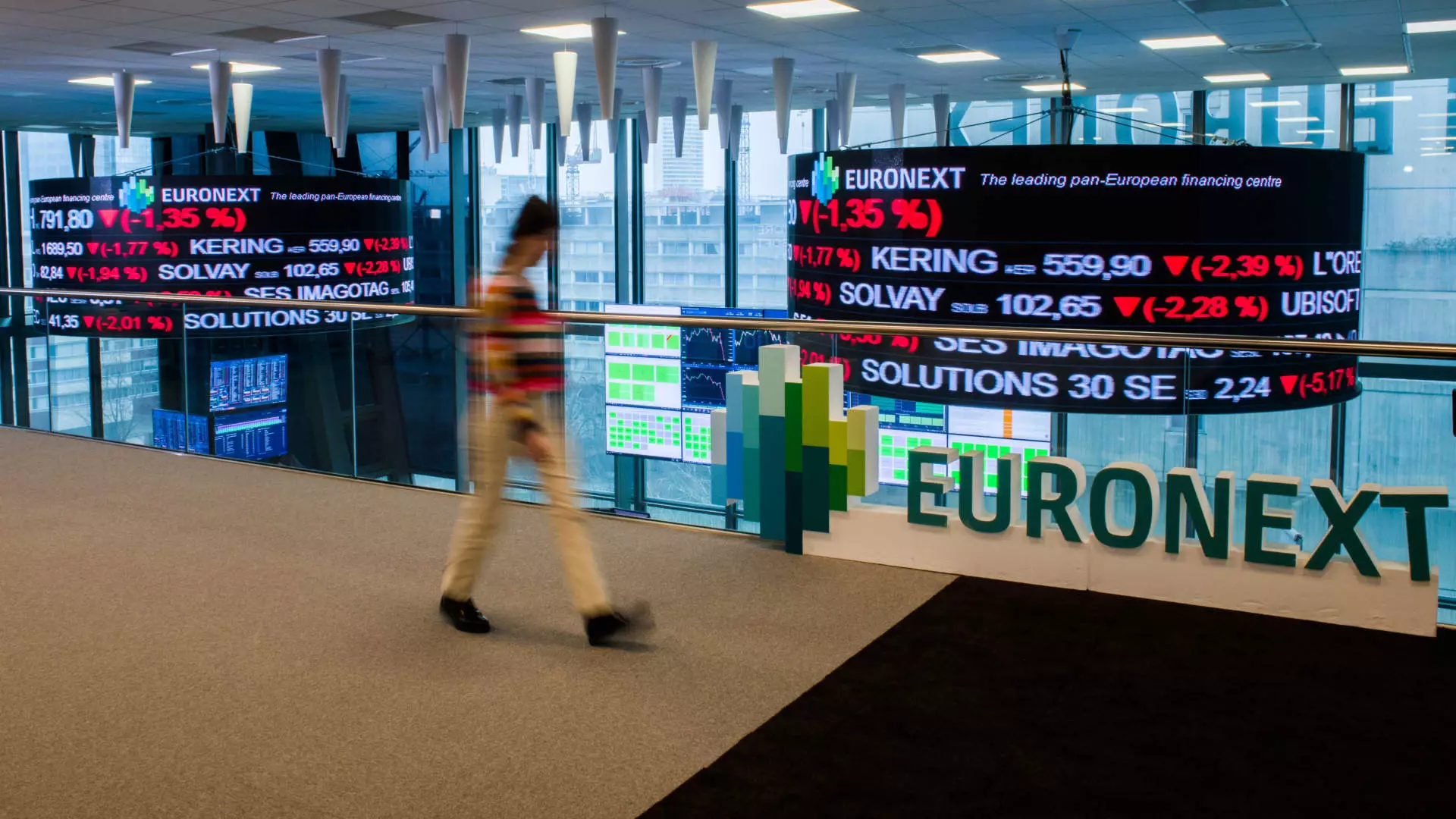In the wake of Donald Trump’s electoral triumph, U.S.-listed funds that monitor global equities experienced a notable retreat. Investors reacted with concern, particularly regarding the potential adverse effects of Trump’s proposed policies on international stock markets. The situation highlighted a marked divergence between robust gains in major U.S. indexes, which reached record heights, and the dismal performance of exchange-traded funds (ETFs) focused on regions like South Korea, Hong Kong, Taiwan, and Chile. This stark contrast signals the precarious position of global equities amid the shifting political landscape in the United States.
One of the main catalysts behind this pullback was the speculation surrounding President-elect Trump’s plans for import taxation. Reports indicated that he was considering imposing a tariff of up to 20% on incoming goods, with an even steeper 60% levy specifically targeting Chinese imports. While such policies may not have been decisive in his election campaign, they resonate ominously in the trading community. According to NBC News polling, these ideas did not align well with the preferences of the electorate, raising questions about their viability in broader economic terms. “The investing atmosphere is still positive within the U.S.; however, global markets remain vulnerable to tariff fluctuations,” observed Yung-Yu Ma, chief investment officer at BMO Wealth Management.
Wednesday’s trading reflected how the impending shift in U.S. economic policy is reverberating across global financial markets. The Dow Jones Industrial Average, buoyed by domestic positivity, was poised for its best day in nearly two years. In stark contrast, European benchmarks faced hardships as Trump’s victory was solidified. The iShares Core MSCI Europe ETF (IEUR) dropped over 2%, underscoring the discomfort that loomed over international investors. Meanwhile, the Asia-Pacific region mirrored this uncertainty, despite Japan’s Nikkei 225 offering some support against the prevailing downward trend.
This caution in international markets translated into palpable consequences for emerging stocks as well. The iShares MSCI Emerging Markets ETF (EEM) suffered a decline of more than 1% on the same day. The rising value of the U.S. dollar, which reached its highest point since July—reinforced by increasing inflation expectations—poses further threats to these markets. As LPL Financial’s chief technical strategist Adam Turnquist noted, a stronger dollar often dampens the prospects of foreign equities, particularly in nations still navigating the choppy waters of economic recovery.
Amid this backdrop of caution, the Global X MSCI Argentina ETF (ARGT) emerged as an unexpected beacon of optimism, climbing over 2% and hitting a new 52-week high. This performance can be attributed to the recent election of libertarian Javier Milei, a leader who shares parallels with Trump. Investors interested in Argentina may view this development as a rare exception among an array of international-focused funds experiencing declines.
The interplay between the U.S. political scenario and global market dynamics continues to evolve. The implications of Trump’s victory are yet to unfold comprehensively, but for now, the focus remains on how proposed trade policies may reshape the international investing landscape.

